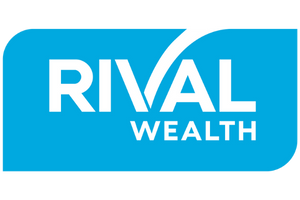Lifespan vs Healthspan and why the difference matters
Key financial considerations related to healthspan
- Healthcare costs: Budgeting for medical expenses, insurance, and potential long-term care.
- Income protection: Ensuring you have cover in place if poor health affects your ability to work.
- Emergency funds: Having accessible savings for unexpected health-related costs.
- Retirement planning: Aligning your retirement strategy with realistic expectations about your health and activity levels.
- Estate planning: Making sure your wishes are clear in case of cognitive decline or serious illness.
How to support a longer healthspan
- Stay active: Regular exercise supports heart health, mobility, and mental clarity.
- Eat well: A balanced diet rich in whole foods can reduce inflammation and disease risk.
- Manage stress: Chronic stress can accelerate aging and increase disease risk.
- Get regular checkups: Preventive care helps catch issues early.
Why consider private health insurance?
In New Zealand, we’re fortunate to have a public health system. But when it comes to protecting your healthspan, private health insurance can make a real difference. Here’s how:
- Faster access to care: Waiting lists for non-urgent procedures can stretch for months. Health insurance gives you quicker access to specialists, diagnostics, and elective surgeries, so you can treat issues early and stay active longer.
- Mental health matters: Your healthspan isn’t just physical. Many insurers now offer mental health support, counselling, and wellness programs, because staying well means staying balanced.
- Financial peace of mind: Unexpected medical costs can derail your financial goals. Insurance helps protect your savings and gives you confidence to focus on living well.
- Chronic conditions: Health insurance can help manage chronic conditions like diabetes, heart disease, or arthritis by covering ongoing treatment, specialist visits, and medications. But it’s important to understand that not all policies will cover pre-existing conditions.
Whether a condition is covered often depends on:
- When you took out the policy
- Whether the condition was disclosed at the time
- The insurer’s specific terms and stand-down periods
That’s why it’s crucial to be upfront during the application process and to review your policy regularly. If you’re unsure what’s covered, or if your health has changed since you first took out your policy, talk to your adviser. We can help you understand your options and make sure your cover still fits your needs.
This information is of a general nature and is not intended as personalised financial advice. RIVAL Wealth is a Financial Advice Provider (FAP) licenced by the Financial Markets Authority to provide financial advice. Our disclosure document is located at rivalwealth.co.nz or a written copy is available on request








